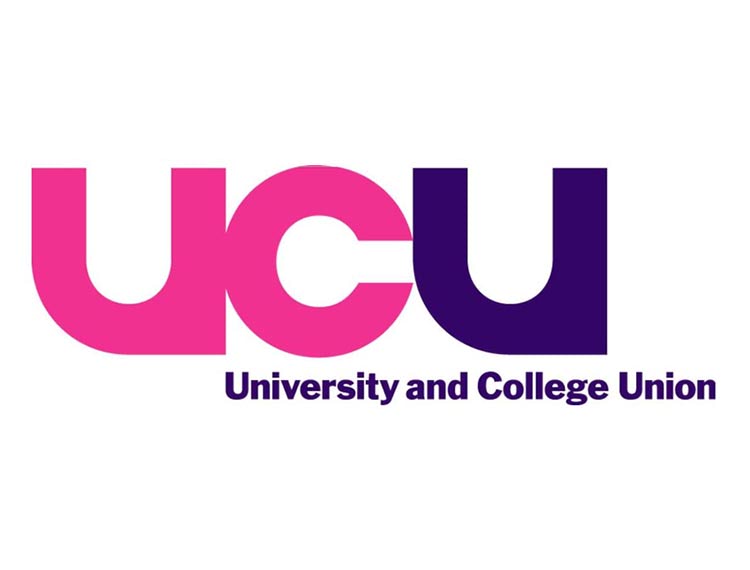Fear of “reputation damage” prompts Russell Group meeting to call for leadership on casualisation

Casual contracts are affecting the physical and mental health of staff and having a negative impact on students’ learning, according to a secret report from universities in the Russell Group.
Leaked minutes of a virtual meeting last Tuesday (25 February) on casualisation said Russell Group universities needed to “show leadership” to “avoid further reputational damage”. The report warned that politicians and others are starting to express concerns about the casualisation of university teaching and research, as well as a lack of support for staff.
The report says Russell Group universities must show leadership on casualisation to “avoid further reputational damage”. Casual contracts affect the physical and mental health of staff and negatively impact students’ learning and appears to put Russell Group at odds with universities’ negotiators and suggests splits over how to deal with problems and resolve strikes.
The University and College Union (UCU) said the document showed again how divided universities are over the issues at the heart of strikes currently affecting 74 UK universities. The union urged all university heads to speak out and get their negotiators to back to the table to talk seriously about how to resolve the disputes.
The report details how the number of staff on fixed-term contracts has increased at Russell Group institutions since 2012. Previous analysis of data from the Higher Education Statistics Agency revealed that Russell Group universities employed more staff on insecure contracts than other institutions.
However, the body tasked with negotiating on behalf of universities has sought to play down casualisation and says its analysis shows a trend towards more open-ended and full-time academic employment.
UCU general secretary, Jo Grady, said: ‘This secret report shows some universities do understand the extent of casualisation in our institutions, and the serious damage it does to the health of staff and education of students. Sadly, it looks like it is fear of reputational damage, rather than concern for staff or students, that has prompted universities to act on casualisation.
‘These minutes show how divided universities are when it comes to dealing with the issues at the heart of the strikes. Our message to all university vice-chancellors is simple: speak out. Make it clear to the people negotiating on your behalf that you want them to do more to deal with the key issues in these disputes. We are ready for serious negotiations to try and stop the strikes and end the disruption at our universities.’
The disputes centre on universities’ failure to make significant improvements on casualisation, pay, equality, and workloads, and on the sustainability of the Universities Superannuation Scheme (USS) and rising pensions costs for members. A UCU-commissioned report earlier this year found that staff on casual contracts are vulnerable and invisible “second-class academics”.











Responses